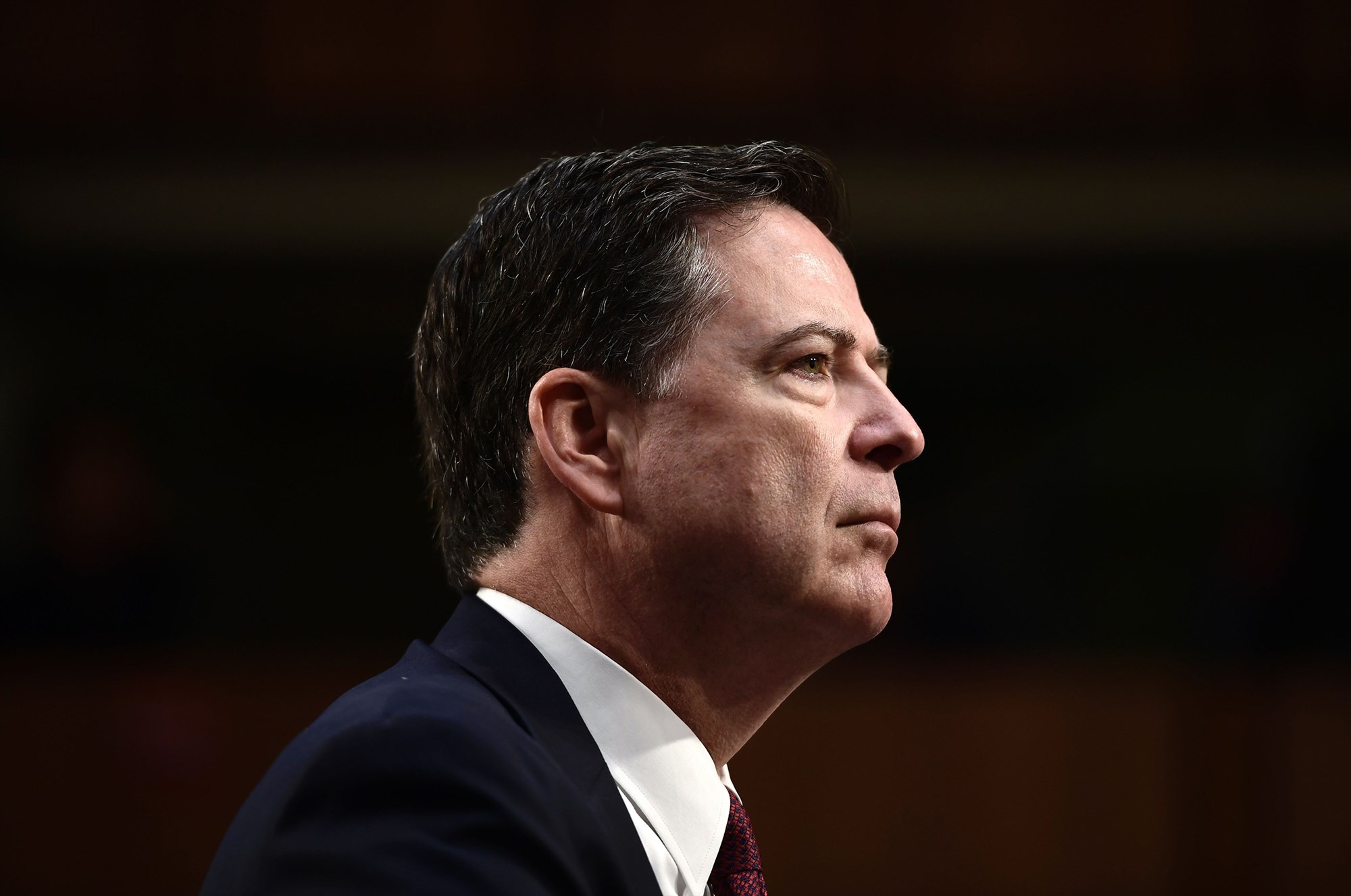
Analysis: The report found an FBI process so rife with errors that the bureau's director immediately issued a statement saying he would begin reforms.
Given the unsupported claims President Donald Trump has made for two years about the FBI's Russia investigation — calling it a witch hunt cooked up by his political opponents — the conclusion by the Justice Department watchdog that the probe was justified was big news.
But the other major findings of the inspector general's report — that there were serious problems with the way the FBI obtained a secret national security warrant to spy on a Trump campaign aide — were also noteworthy, if somewhat overshadowed by the bigger headlines.
For years, civil liberties activists have been warning that the process for obtaining secret warrants to spy on Americans under the Foreign Intelligence Surveillance Act was dangerously flawed, in part because it is one-sided. The government tells judges behind closed doors why the spying is justified, and there is nobody in the room representing the target to question that evidence.
In response, defenders of the process have said: That's exactly why the FBI and Justice Department are extraordinarily careful and meticulous in how they present evidence to the FISA court, which is no rubber stamp.
The report by Inspector General Michael Horowitz severely undercuts that assertion, at least when it comes to the FBI's applications for surveillance of Carter Page, a Trump foreign policy adviser who was never charged with a crime.
The report found an FBI process so badly managed, so rife with errors, that the bureau's director immediately issued a statement saying he was already implementing reforms.











